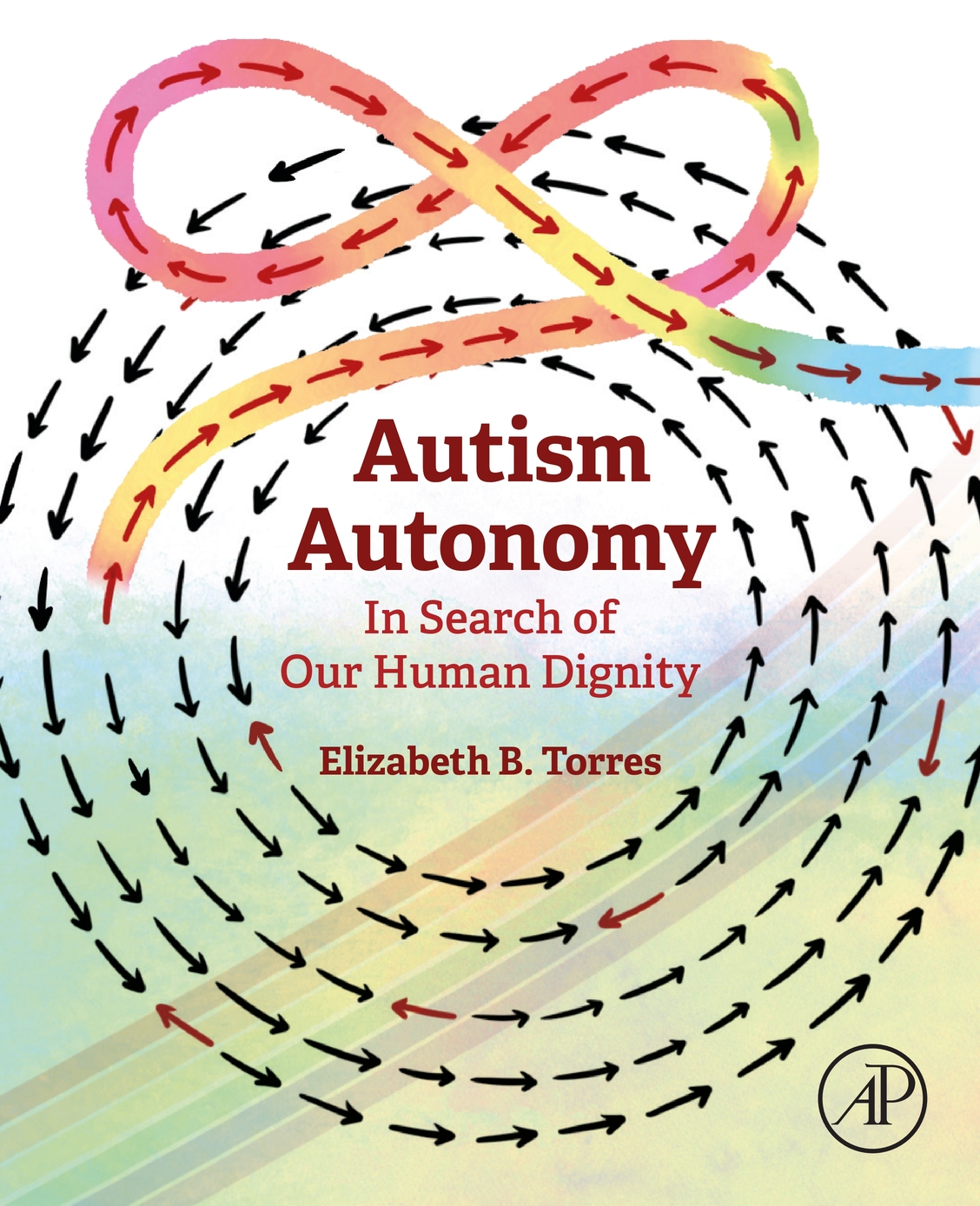
Autism Autonomy: In Search of Our Human Dignity provides a new and unifying methodological framework and discusses machine learning and biometrics techniques to diagnose, characterize, and treat patterns of sensory motor control underlying autism symptoms. With the hope of improving basic research in these areas, this volume will allow readers to design better interventions and provide awareness of a number of new technologies used in the autism field. Wearable bio-sensing technologies, machine learning, and AI methods are all discussed regarding their applications to provide better self-awareness, interaction, diagnosis, and prognosis.
This volume is useful for researchers and clinicians interested in learning about these new technologies and how to enhance machine learning use in ASD for the betterment of patients.
This book can be found from the publisher.
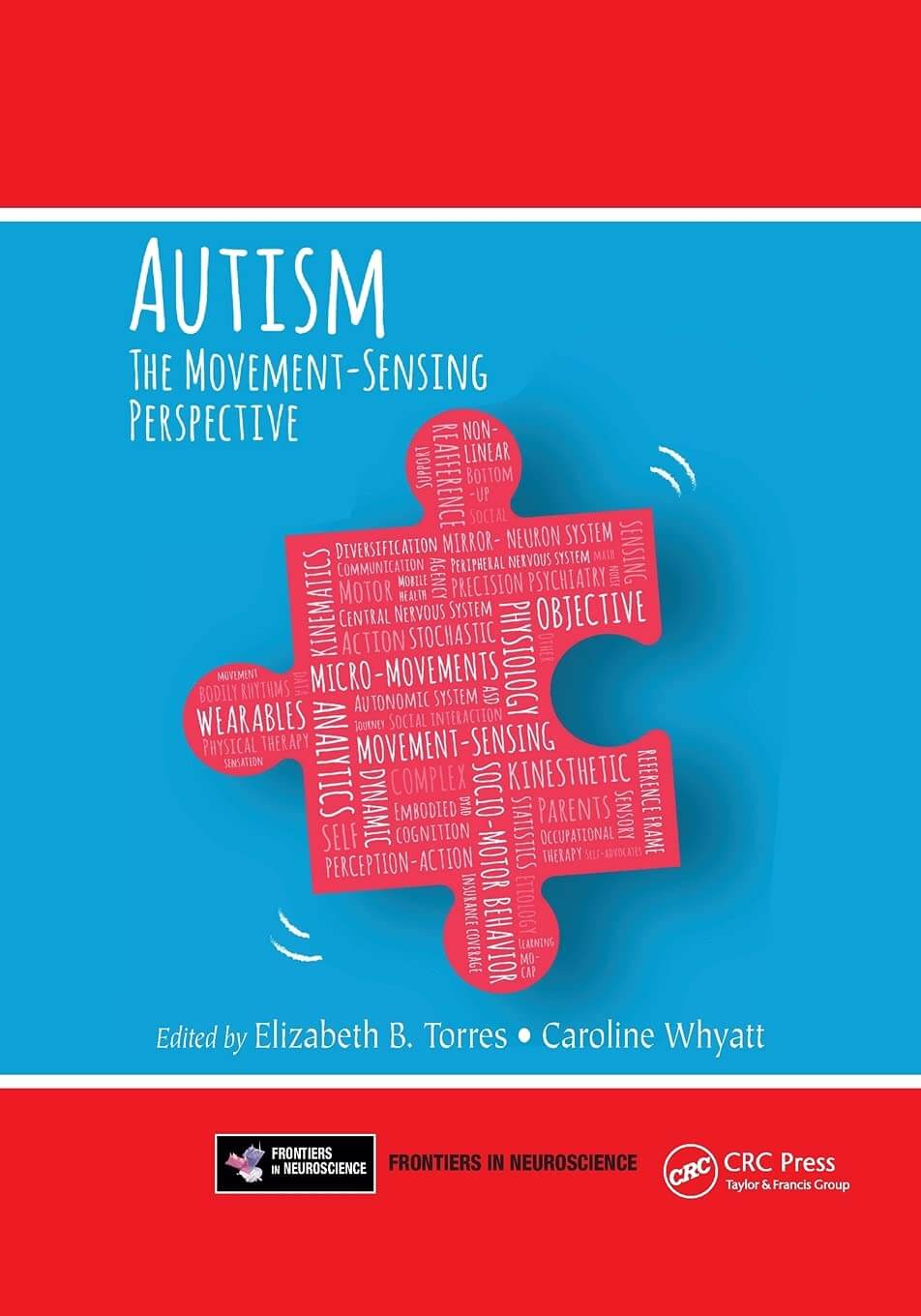
Autism: The Movement Sensing Perspective is the result of a collaborative effort by parents, therapists, clinicians, and researchers from all disciplines in science including physics, engineering, and applied mathematics. This book poses questions regarding the current conceptualization and approach to the study of autism, providing an alternative unifying data-driven framework grounded in physiological factors.
This book reaches beyond subjective descriptions of autistic phenomena and embraces a new era of objective measurements, analyses, and statistical inferences. The authors harness activities from the nervous systems across the brain and body (often in tandem), and introduce a platform for the comprehensive personalized phenotyping of individuals with autism. The impact of this approach is discussed to advance the development of tailored treatments options, enhance the ability to longitudinally track symptomatology, and to fundamentally empower affected individuals and their families. This book encompasses a new era for autism research and treatments, and our continuous effort to collectively empower and embrace the autistic community.
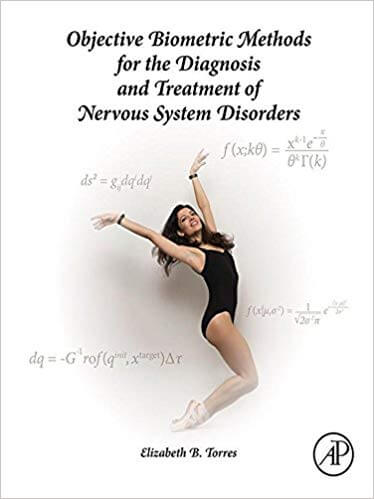
Objective Biometric Methods for the Diagnosis and Treatment of Nervous System Disorders provides a new and unifying methodological framework, introducing new objective biometrics to characterize patterns of sensory motor control underlying symptoms. Its goal is to radically transform the ways in which disorders of the nervous system are currently diagnosed, tracked, researched and treated. This book introduces new ways to bring the laboratory to the clinical setting, to schools and to settings of occupational and physical therapy. Ready-to-use, graphic user interfaces are introduced to provide outcome measures from wearable sensors that automatically assess in near real time the effectiveness of interventions. Lastly, examples of how the new framework has been effectively utilized in the context of clinical trials are provided.
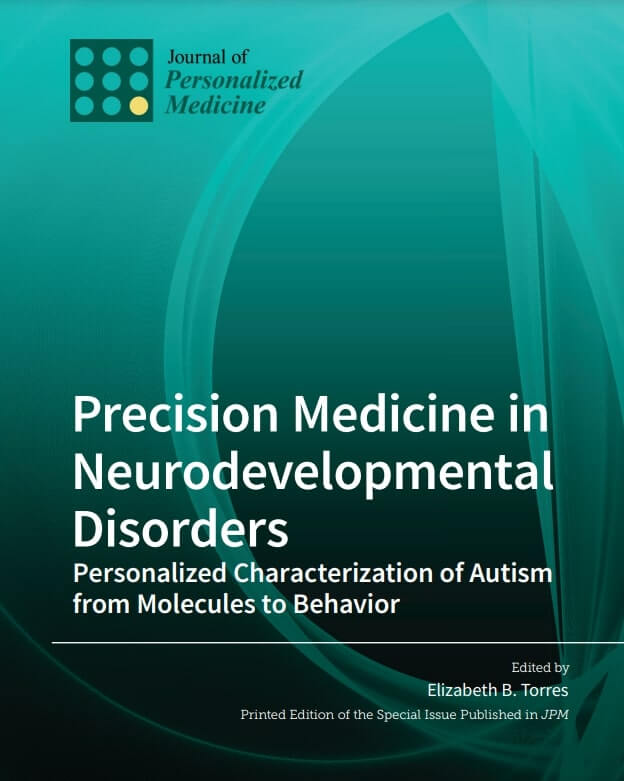
This book focuses on the proposition of a paradigm shift to enable stratification of the highly heterogeneous autism spectrum disorders, by borrowing from and adapting the Precision Medicine model. A compilation of 9 rigorously peer-reviewed manuscripts offers new approaches to automatically stratify autism-related genes into different neuropsychiatric and associated neurological disorders and, accordingly, repurpose existing therapies and support systems for each thus uncovered phenotypic subtype. Methods for telemedicine are introduced to scale diagnostics and brought to underrepresented communities, thus diversifying the pool of participants in research and treatments. Biosensor data and methods are introduced to accompany genomics subtyping with precision phenotyping. Importantly, an in-depth review offering a paradigm shift for early detection and treatments of autism is presented through stages of neurodevelopment spanning from the womb to infancy and beyond, across the human lifespan.
This book can also be purchased at the MDPI website in the above link.


Psychology | IntechOpen (in press)


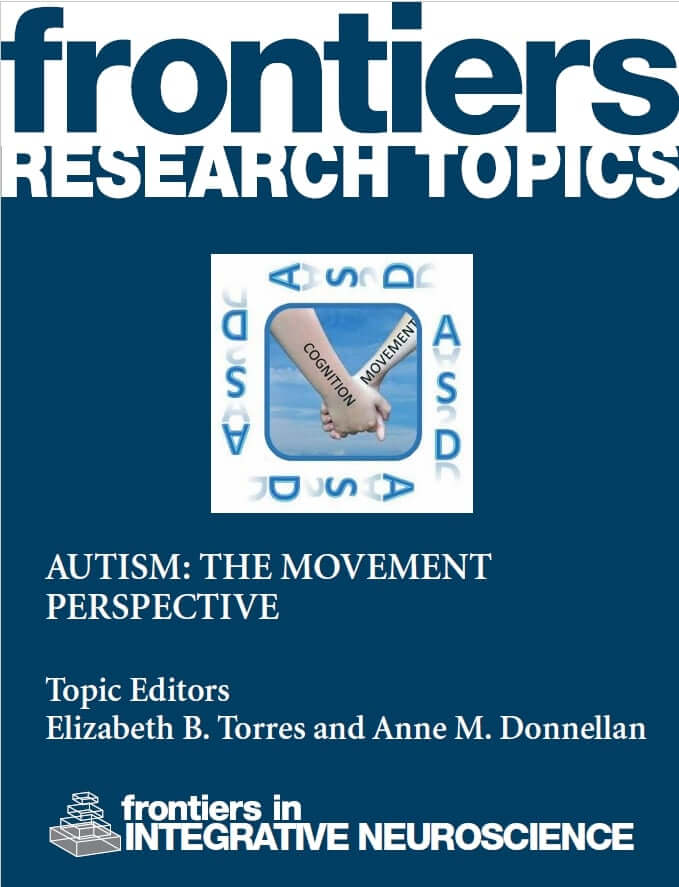
This Frontiers Neuroscience Research Topic moved autism research into action and went beyond subjective inferences to objectively understand real, physical behaviors using unprecedentedly fast and formal methods complementing pencil-and-paper inventories. 99 authors came together and let the autistic body move and teach us what it feels, what it senses, and what it says. The work was pioneering in empowering autistics to reach out into the world and seek communication to unlock their full potential.
This worldwide collaboration was the first to use natural, physical motions to open new channels of sensorial and gestural communication in autism. In an unprecedented type of joint research with families and autistic scientists, movement neuroscience played the transformative role that it can in broadening the spectrum of basic research in ASD to bring out the hidden inner voices of autistic individuals. Today, 2022, this RT is nearing the million hits.
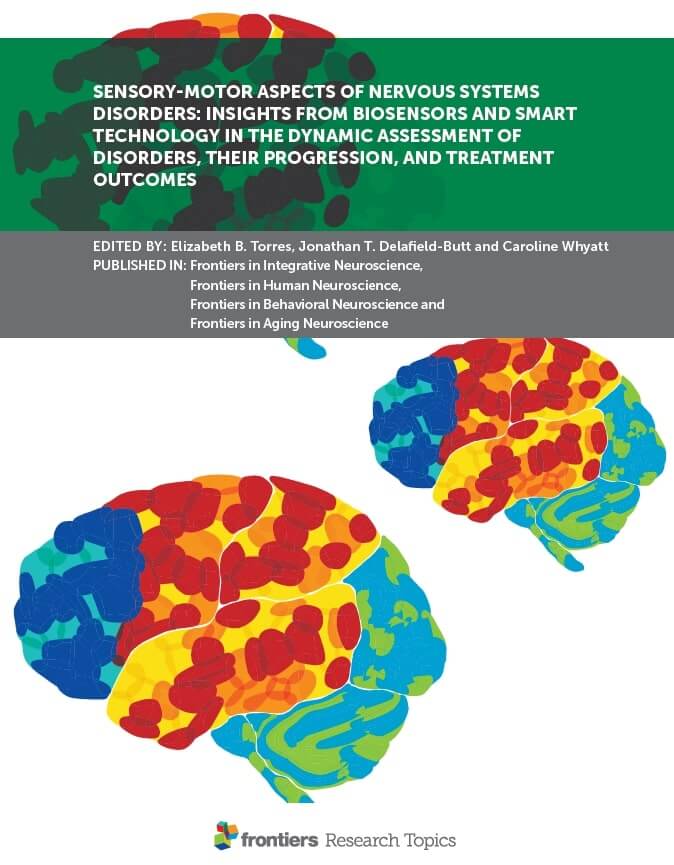
This edited e-Book brings together 92 authors in 19 articles that discuss the path forward in precision medicine and personalized health. Authors discuss how to assess the individual’s specific needs for personalized treatments and how to monitor outcomes of treatments effectiveness with objective precision. Across many clinical areas by combining objective biometrics with wearable sensing and smart technology, new research is removing barriers to health assessment and monitoring, even from the comfort of the person’s home. The dynamic objective assessment of the progression of the disorder, paired with real-time feedback capabilities, has direct translational value, offers to scale research and accelerate its adaption from the lab and clinic, to the home and the classroom.
